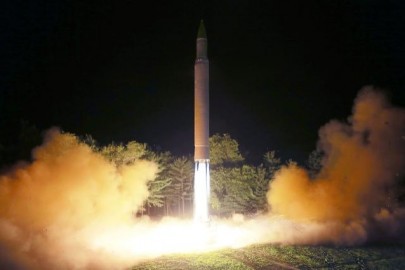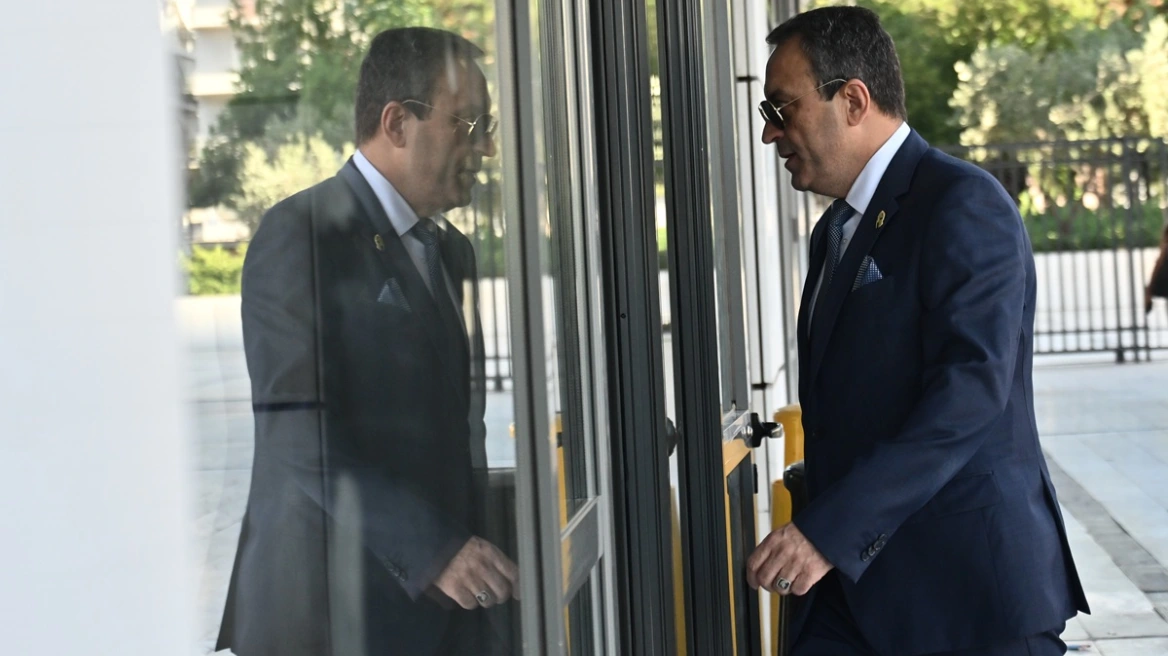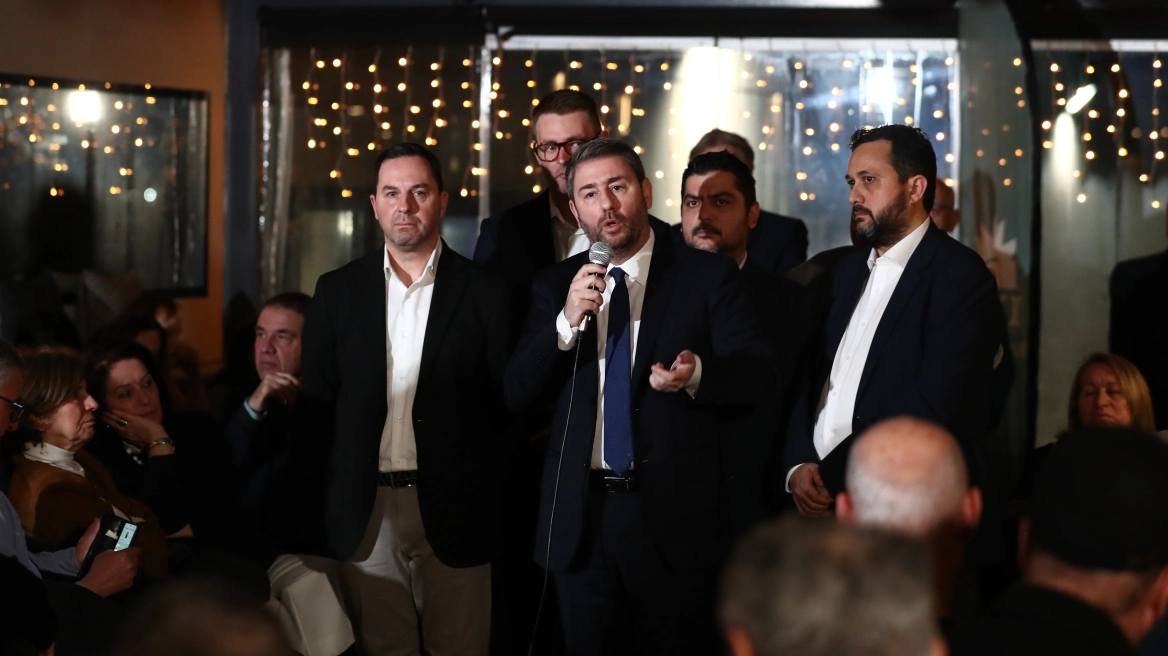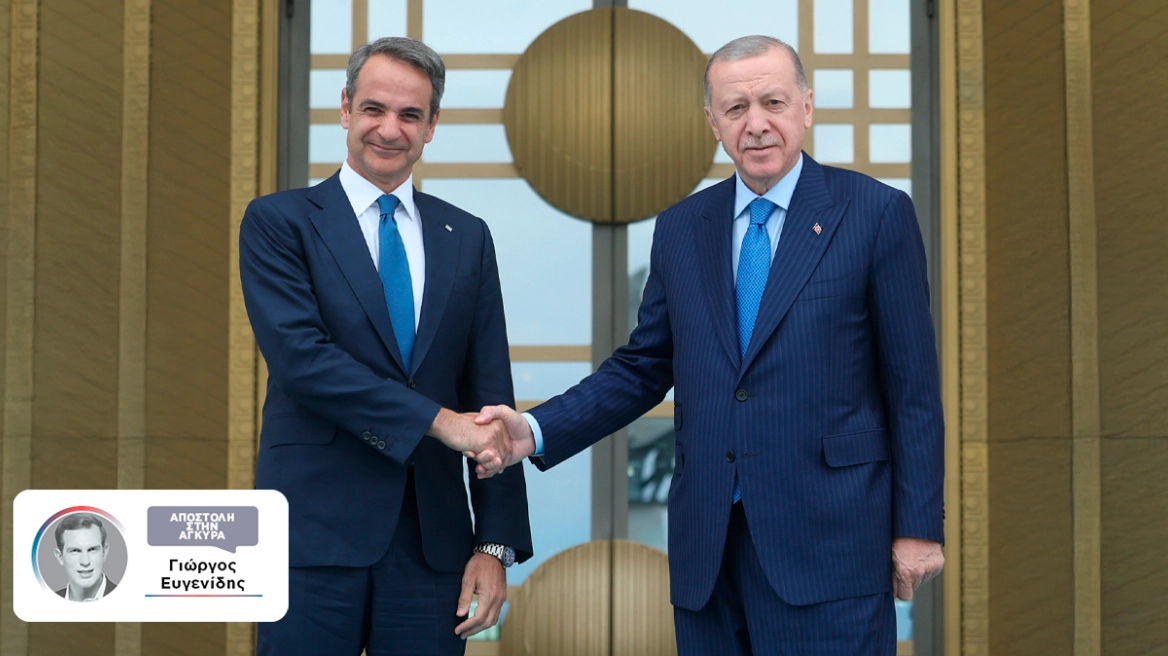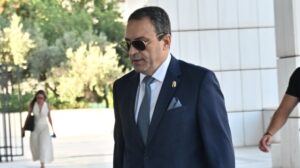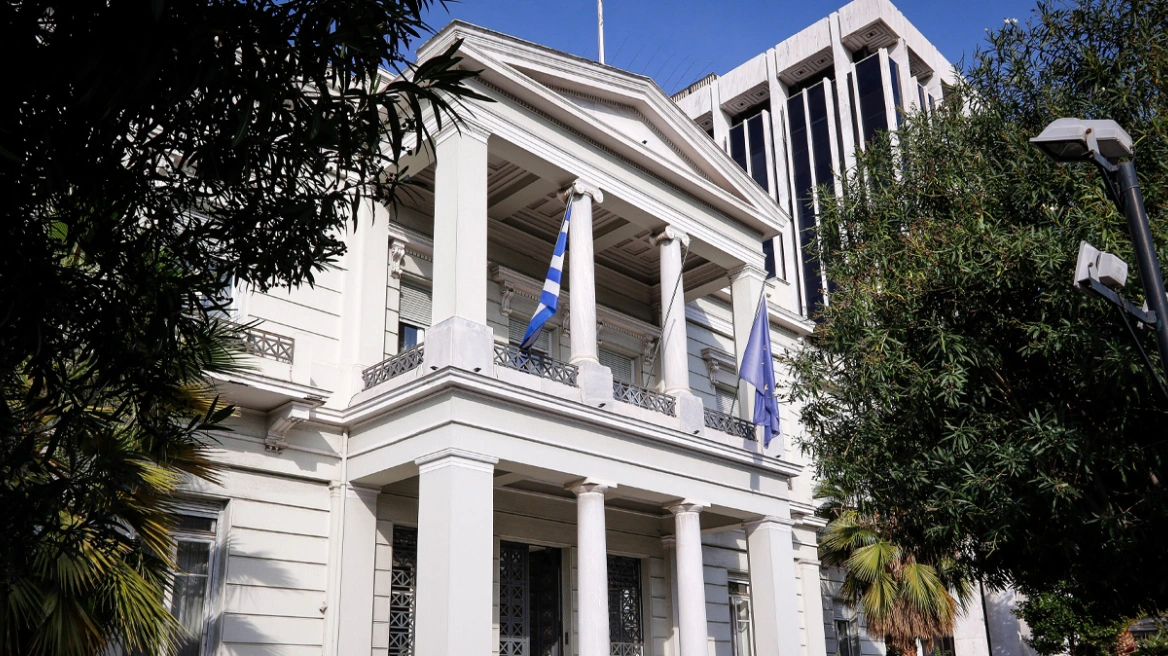The time for talk on North Korea is “over”, the United States said, spurning a UN response to Pyongyang’s latest ICBM launch in favour of bomber flights and missile defence system tests.
Nikki Haley, the US envoy to the United Nations, said there was “no point” in holding a fruitless emergency Security Council session, warning that another weak council resolution would be “worse than nothing” in light of the North’s repeated violations.
North Korean leader Kim Jong-Un boasted of his country’s ability to strike any target in the US after an intercontinental ballistic missile test Friday which weapons experts said could even bring New York into range — a major challenge to President Donald Trump.
US strategic bombers on Saturday flew over the Korean peninsula in a direct response to the launch, and on Sunday American forces successfully tested a missile interception system which the US hopes will be installed on the Korean peninsula.
Under Kim’s leadership, North Korea has accelerated its drive towards a credible nuclear strike capability, in defiance of international condemnation and multiple sets of UN sanctions. The US Senate passed new bipartisan sanctions on Pyongyang on Friday.
Haley urged China, Japan and South Korea to tighten the screws on Pyongyang.
“An additional Security Council resolution that does not significantly increase the international pressure on North Korea is of no value,” she said in a statement late Sunday.
“It sends the message to the North Korean dictator that the international community is unwilling to seriously challenge him.
“China must decide whether it is finally willing to take this vital step. The time for talk is over.”
Analysts said the comments indicated Washington had run out of patience with the diplomatic approach, and could consider military intervention.
The latest ICBM test “poses a seemingly tangible threat to the national security of the US”, said Jeung Young-Tae, director of military studies at Dongyang University in South Korea.
“Now the US will see no point in negotiation, which only helps Pyongyang earn more time to develop its weapons programmes,” he said.
“Whether we want it or not, the risk of unilateral military action by the US cannot be ruled out at this point.”
‘They do NOTHING’
Earlier, Trump warned that he would not allow China — the impoverished North’s sole major ally and economic lifeline — to “do nothing” about Pyongyang.
In two tweets Trump linked trade strains with the Asian giant — marked by a trade deficit of $309 billion last year — to policy on North Korea, after South Korea indicated it could speed up the deployment of a US missile defence system that has infuriated China.
“I am very disappointed in China. Our foolish past leaders have allowed them to make hundreds of billions of dollars a year in trade, yet they do NOTHING for us with North Korea, just talk,” Trump wrote.
“We will no longer allow this to continue. China could easily solve this problem!”
Trump has repeatedly urged China to rein in its recalcitrant neighbour, but Beijing insists dialogue is the only practical way forward and rejects suggestions it has a special responsibility in the situation.
“The DPRK nuclear issue is not due to China, the settlement of the DPRK nuclear issue requires the concerted efforts of all parties and the parties should properly recognise this issue,” China’s foreign ministry said in a statement, using the acronym for North Korea’s official name.
Beijing also rejected Trump’s linkage of trade and the North, with commerce vice-minister Qian Keming telling a briefing Monday the issues “are not related, and should not be discussed together”.
But Shinzo Abe, the prime minister of US treaty ally Japan, also urged Beijing to act — along with Moscow — after telephone talks with Trump on Monday Tokyo time.
The North had “trampled all over” efforts to seek a peaceful solution to the situation and “unilaterally escalated” tensions.
“The international community including China and Russia must take it seriously and step up pressure,” Abe told reporters.
Pyongyang lauded the developers of the missile at the weekend, the official Korean Central News Agency (KCNA) reported.
The US-led campaign only provided “further justification” for the North’s resolve to maintain its weapons programs, the foreign ministry said in a statement carried by KCNA.
The ICBM test “is meant to send a stern warning to the US making senseless remarks, being lost to reason in the frantic sanctions and pressure campaign against the DPRK,” it said.
Independent experts say the latest ICBM brings Los Angeles and Chicago within range, and could travel as far as Boston and New York.
Ask me anything
Explore related questions
